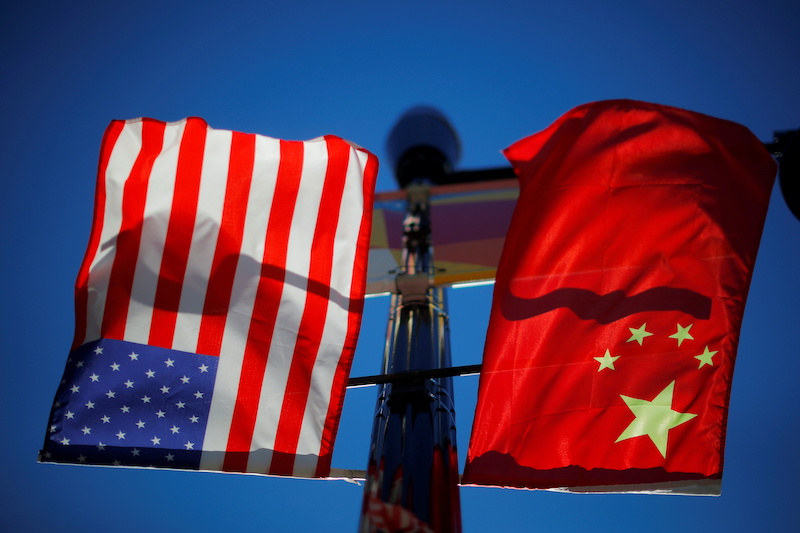The US securities regulator advanced rules on Thursday that will see more than 200 Chinese companies booted off its stock exchanges if they continue flouting the country’s audit norms.
The rules require Chinese companies to comply with a law passed by Congress in December last year that demands they open their books for audits. If they do not, the Securities and Exchange Commission must now delist them within three years.
The stakes are huge. The US is set to lose 248 Chinese companies with a combined market capitalisation of about $2.1 trillion, or almost 4% of the value of all companies listed on US exchanges. China will lose access to the world’s biggest capital market, which has raised more than $100 billion for its companies to modernize and help upgrade their governance and management standards.
“If you want to issue public securities in the U.S., the firms that audit your books have to be subject to inspection by the Public Company Accounting Oversight Board (PCAOB),’’ said SEC Chair Gary Gensler in a statement on Thursday. “While more than 50 jurisdictions have worked with the PCAOB to allow the required inspections, two historically have not: China and Hong Kong.’’
Under the finalized rules, foreign companies will also be required to disclose the level of their foreign government ownership, Gensler said.
Hong Kong’s Hang Seng Tech index fell 1.5% on the news with companies from Alibaba to Pinduoduo and JD.com all tumbling.
China against stocks delisting
A senior Chinese official said Nov. 25 that the nation is working with Washington counterparts to prevent companies being delisted.
“We don’t think that delisting of Chinese firms from the US market is a good thing either for the companies, for global investors or Chinese-US relations,” Shen Bing, director general of the China Securities Regulatory Commission‘s department of international affairs, told a conference in Hong Kong.
“We are working very hard to resolve the auditing issue with US counterparts, the communication is currently smooth and open,” he said. ”There is a risk of delisting of these companies but we are working very hard to prevent it from happening.”
Read More: Chinese Stocks Delisting From the US: 25 On the Brink
But earlier China had also hardened its position, tightening its restrictions on overseas listings via tighter supervision of the American depositary receipts Chinese companies use to list in the US.
The Cyberspace Administration of China declared in July that any company with data of more than 1 million users must undergo a security review before listing overseas. The security reviews will focus on the risks of data being controlled or manipulated by foreign governments after overseas listings, it said.
US and Chinese markets are deeply intertwined. The Rhodium Group estimates US and Chinese investments in each other’s stock and bond markets totalled as much as $3.3 trillion as of the end of 2020. US investors own about $1.1 trillion in Chinese stocks and about $100 billion in debt instruments. Chinese holdings of US treasuries alone total about $1.1 trillion.
Gensler said that to issue securities in the US firms that audit them must be subject to inspections by the PCAOB. So far, China has denied such access.
“The Commission and the PCAOB will continue to work together to ensure that the auditors of foreign companies accessing U.S. capital markets play by our rules,’’ he said. “We hope foreign governments will, working with the PCAOB, take action to make that possible.”
•By Kevin Hamlin
ALSO ON AF:
China Stocks Delisting From US Puts $1.1 Trillion at Risk
China Stocks Delisting From US: Everything You Need to Know
Alibaba Among Top Six China Stocks Worth $1tn Facing US Delisting
This story was updated on December 3 with details of share price falls in Hong Kong.
























